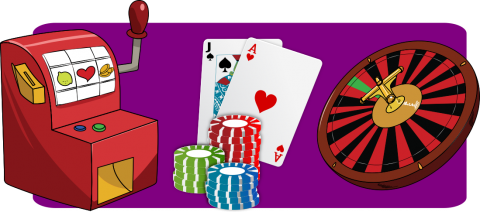How I missed this when it was relatively recent news is beyond me. But, better late than never. And it happens to fit in very well with the Pac Pro league post that just went up. I don’t usually write about golf, but this was too good not to pass up.
Golf Digest published this story back in 2011 October about the recent change to amateur status by the USGA (US Golf Association) and R&A (which originally stood for the Royal & Ancient Golf Club of St. Andrews, but which is now a separate agency responsible for just the golf rules outside of the US and Mexico). The crux of the change is that amateur golfers can enter into a relationship with a sponsor or agent in relation to their future status as a professional golfer without losing their amateur status, provided the golfer receives no financial gain while still an amateur. Quoting the article:
In a move that surprised some purists but appeared to be a nod to the current realities facing elite amateur golfers, the gameʼs two governing bodies changed Rule 2-2 of the RAS, effective Jan. 1, 2012, to allow amateurs to enter into a contract and/or an agreement with a third party—which can include a professional agent or sponsor—solely in relation to the golferʼs future as a professional, provided the golfer does not obtain any financial gain, directly or indirectly, while still an amateur. This was accompanied by a similar allowance to amateurs to sign contracts with national golf unions and associations.
And here’s where it gets hairy. Quoting the article again:
However, NCAA Bylaw 12.3, titled “Use of Agents,” states the following:
12.3.1 General Rule. An individual shall be ineligible for participation in an intercollegiate sport if he or she ever has agreed (orally or in writing) to be represented by an agent for the purpose of marketing his or her athletics ability or reputation in that sport. Further, an agency contract not specifically limited in writing to a sport or particular sports shall be deemed applicable to all sports, and the individual shall be ineligible to participate in any sport.
12.3.1.1 Representation for Future Negotiations. An individual shall be ineligible per Bylaw 12.3.1 if he or she enters into a verbal or written
agreement with an agent for representation in future professional sports negotiations that are to take place after the individual has completed his or her eligibility in that sport.
(Rough translation: “We don’t give a damn what the USGA or R&A say, our rule is: get an agent, lose your eligibility.”)
The story goes on to say that this rule change basically legitimizes what has already been happening, and puts it out of the open instead of making it a back-room, under-the-table affair. It was originally an R&A rule change, but again quoting the story:
It might not have been what USGA officials desired, but to be a good partner they went along with it.
Since this story broke (or possibly before), the USGA has prepared a chart detailing the differences. The rule change appears to still be current as of 2017 according to this chart. The chart does help in understanding exactly what the NCAA allows versus what the USGA allows, and it is interesting to note that the NCAA policy is not always the more restrictive one.
Anyway, I don’t blame the USGA for this. The story as written criticizes the USGA and R&A for relaxing the rules. I really don’t think the blame belongs on the USGA and R&A though. I would blame the NCAA for not keeping its rules up to what is currently considered amateur status by a higher authority (the USGA and/or R&A in this case). Of course, the whole reason they are so strict goes back to the reason the NCAA started the “student-athlete” classification to begin with: not wanting to pay worker’s compensation for players injured while playing college sports. This despite the multi-billion-dollar revenue total from college athletics. The schools, either with the NCAA’s help or individually, should be able to afford the medical expenses of injured players. If it’s that expensive to pay for hurt football players that bring the schools millions of dollars, maybe it’s too expensive to even have a football program to begin with.
Do college golfers get hurt often enough that they should get caught up in this awful dragnet? I would hope not. Maybe we need something like Pac Pro for golf as well. Or at the very least, some kind of an amateur golfing program aimed at college-age players separate from the schools so the NCAA can’t get their gooey fingers all over it and mess it up, and do things strictly by the USGA’s definition of amateur status.
(Note: the story may not display correctly in Firefox, for reasons I am unable to figure out.)

